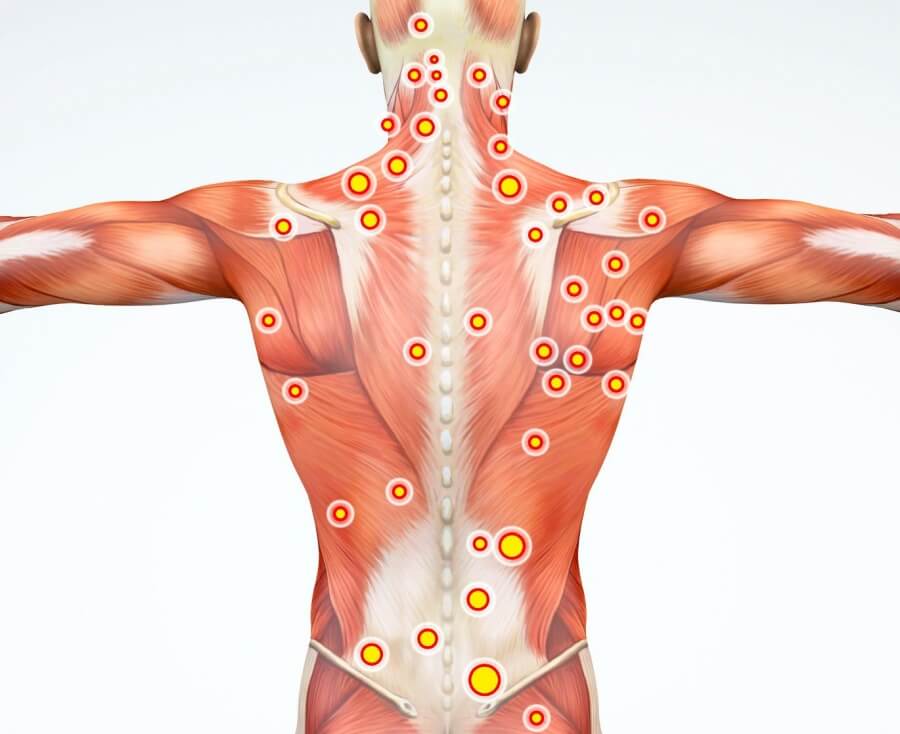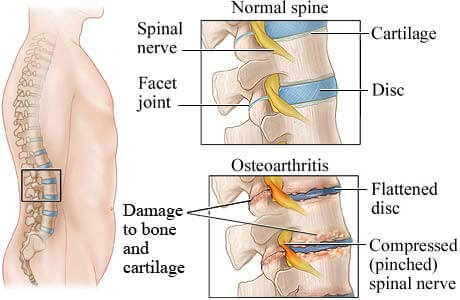Table of Contents
Specialists Who Treat Back Pain – Spine Pain
You have regular back pain, but you do not know which door to hit to be relieved? It must be said that many practitioners are likely to treat back pain. Rheumatologist, physiotherapist, osteopath, and chiropractor.
Here are some tips to choose the specialist you need.
Back pain: the generalist
Before contacting a specialized back doctor or any other practitioner, the first thing you need to do is make an appointment with your doctor. In fact, the general practitioner remains the one who knows his patient best, his medical file as well as his antecedents. It is therefore natural for him to make the first diagnosis after careful questioning and careful clinical examination. If he deems it necessary, the generalist may prescribe additional medical examinations or entrust his patient to one of his colleagues whose specialty will be adapted to the typology of back pain. He may also recommend drug treatment to reduce pain.
Back pain: the rheumatologist
Among the various specialists in the back, rheumatologists figure prominently. It must be said that this practitioner deals mainly with joint and bone disorders. In order to respect the path of coordinated care, the patient must be referred to this specialist by his / her attending physician, unless regularly followed by a rheumatologist for a chronic pathology. This practitioner has the tools and skills needed to push the medical investigation further. It is generally recommended to consult it in case of persistent and recalcitrant back pain with analgesic drugs.
Back pain: the physiotherapist
If there is one practitioner who can relieve long-term low back pain and other back disorders, it is him! In cases of recurrent back pain, the physiotherapist is often an important ally for the doctor. Indeed, physiotherapy sessions are essential as a real complement to drug therapy. In addition to providing relief to the patient, this manual technique also teaches the patient to move well and adopt good postures to prevent relapses. Through specific exercises and massages, this practitioner rebalances the spine while strengthening the muscles around it. It takes between 15 and 30 sessions of half an hour to achieve sustainable results.
A backache: the osteopath
This health professional is attracting more and more patients with back pain. This manual therapy is based on different manipulative techniques that can resolve the various blockages that can occur in the joints, muscles, tendons or ligaments. Contrary to popular belief, the manipulations performed by the osteopath are not dangerous and have little or no risk of complications. However, it is normal not to immediately feel the effects of a session since it is the body of the patient who will perform, after the intervention of the osteopath, the work allowing him to return to a normal functional state. The sessions last about 45 minutes.
Back pain: the chiropractor
The chiropractic is a manual therapy whose intervention field mainly the skeleton and, therefore, the spine. In the case of back pain, it is, therefore, an interesting alternative in the management of back pain of all types, because it focuses on restoring the relationship between the nervous system muscles. Based on manipulations and exercises, this technique fits in a preventive as well as a curative framework. Two to three sessions are usually sufficient to treat mild back trouble. Note that to become a chiropractor or chiropractor, you have to obtain a diploma sanctioning nearly 6 years of study at the French-European Institute of Chiropractic.
Talk to your back doctor
Because management is appropriate for different types of back pain, your doctor needs to know when your pain has appeared, how intense it is, and how it affects your daily life.
When has your pain begun?
- When exactly did you feel your pain for the first time? Has it appeared gradually? Has it intensified over time?
- Do you remember any particular problem or event that may have triggered your pain? When was it?
- Do certain activities, such as exercise, trigger your pain?


